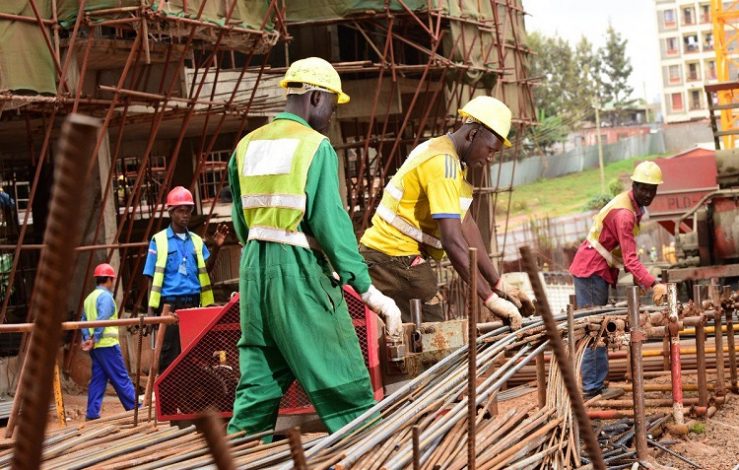Kenyan legislator has made a proposal that would allow SMEs and unsecured individual borrowers to negotiate risk-based interest rates above the normal cap.
Gatundu South MP Moses Kuria in a proposal to the speaker of the National Assembly Justin Muturi, says the risk negotiation window should be up to 6% above the lending cap for SMEs. “Unsecured individual customers should negotiate pricing based on their risk profile and on a willing buyer, willing seller basis,” Kuria proposes in a letter dated 14 January 2019.
“The amendment will go a long way to free credit to the SMEs, discourage government borrowing from the domestic market, drive private sector credit growth and spur fresh economic activity and growth.”
According to Kuria, the 2016 amendment that was introduced by Jude Njomo, passed and incorporated into the Banking Act set a floor deposit rate of 4% and a lending cap of 4% above the Central Bank Rate.
“The Finance Bill 2018 removed the floor deposit rate but left the lending cap intact,” he says.
What do you think of @HonMoses_Kuria proposal to raise the interest rate cap by a margin to accommodate SME risk; so more capital can be redirected to enterprises and not government debt? #interestratedebate pic.twitter.com/yXY9JJrhIQ
— Nuru Mugambi (@NuruMugambi) January 15, 2019
Besides achieving the intended objective of checking on excessive and punitive lending rates by the banks, Kuria says the legislation has led to serious unintended consequences. The banks have withdrawn lending to the SME and unsecured individual borrowers.
“This is because the cap as it exists has removed the leg room for pricing risks. currently, credit to the private sector is growing at only 4% slower than both the GDP and inflation. If nothing is done, our economy will deep into recession.”
Secondly, he states that the rate cap as it exists puts interest rates at the same level as government papers and treasury bonds.
This has seen banks invest more in the risk-free papers and bonds and leaving out SMEs and individual borrower leading to ballooning domestic debt.
In 2018, the Monetary Policy Committee (MPC) lowered the Central Bank Rate (CBR) twice, in the 6 meetings held in order to support economic activity. In their last meeting on 27th November 2018 they retained the CBR at 9.0 citing that inflation expectations remained well anchored within the target range and that the economy was operating close to its potential.
Read: CBK to hold next MPC meeting on January 28
Analysts are of the view that with the cap still on, the MPC will maintain accommodative policy. “We see an accommodative policy this year. Possible with the cap at the very least, will remain at 9.00%,” said Caleb Mugendi, Senior Investment Analyst at Cytonn Investments.
The Central Bank of Kenya (CBK) has continuously reiterated that interest rate caps have undermined the conduct of the monetary policy committee.
“The capping of interest rates has infringed on the independence of the central bank and complicated the conduct of monetary policy. It is found that under the interest rate capping environment, monetary policy produces perverse outcomes,” part of the CBK’s draft report, ‘The Impact of Interest Rate Capping on the Kenyan Economy’.




